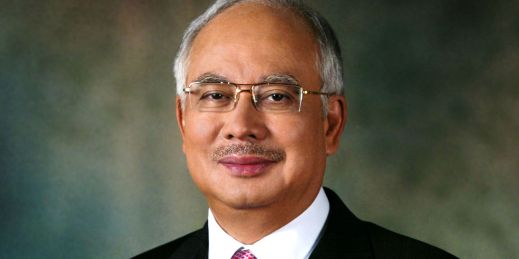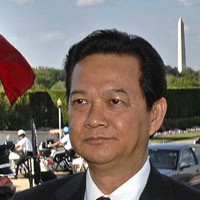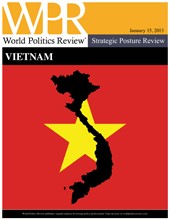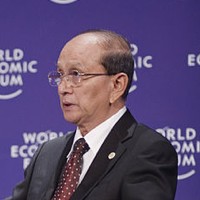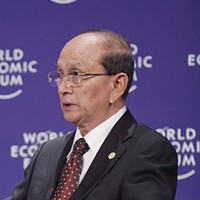
Since assuming power in early 2011, Myanmar’s government, led by President Thein Sein, has focused its energies on the domestic agenda: rejuvenating the economy, liberalizing the political system and bringing an end to the decades-long ethnic conflicts along the country’s periphery. In tandem with these reforms, however, Naypyidaw has also endeavored to rebalance its foreign relations, with a particular emphasis on improving ties with the United States and members of the European Union, as well as important Asian neighbors such as Japan and India. China, which forged a close economic and political relationship with Myanmar during the 1990s and 2000s […]

